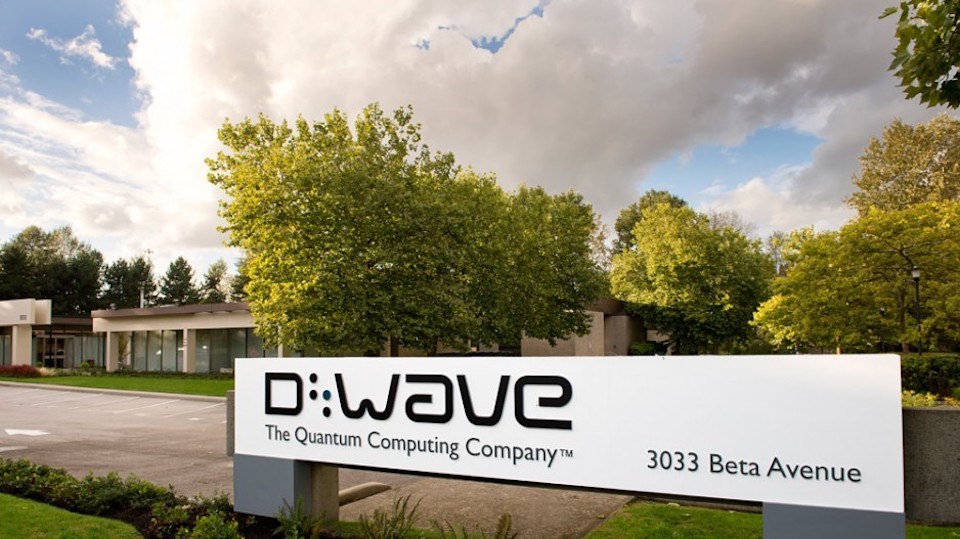Merging Vancouver-based Canexia Health Inc. with Montreal’s Imagia Cybernetics Inc. was “about having the right people at the right time and the right place,” according to Geralyn Ochab.
The CEO of the newly merged life sciences firm, Imagia Canexia Health Inc., described this month’s deal as a “merger of equals” that comes complete with a $20 million equity investment from investors eager to see the Canadian firms combine genomics-based cancer tests with artificial intelligence to better understand health-care data.
The Canexia merger is by no means a one-off for B.C.’s tech sector as of late, with experts pointing to mounting macroeconomic pressures ahead serving as a major impetus for the recent surge of M&A activity.
“Activity is high right now, but not limited to B.C.,” said David Raffa, president of Valeo Corporate Finance Ltd., whose Vancouver-based firm provides services for mergers and acquisitions and initial public offerings.
M&A activity over the past month also delivered yet another unicorn to B.C.’s tech ecosystem after D-Wave Systems Inc. inked an agreement with special purpose acquisition company – better known as a SPAC – DPCM Capital Inc. (NYSE:XPOA) that will see the two entities fall under the umbrella of a newly created parent company: D-Wave Quantum Inc.
D-Wave Systems, the original quantum computing firm based in Burnaby, has landed a US$1.2 billion valuation as a result of the deal.
The new parent company will receive US$300 million from DPCM’s trust account as well as US$40 million via private investment in public equity (PIPE) from a group of strategic and institutional investors.
Once the deal is completed, the new company would trade on the NYSE under the symbol QBTS.
“Tech has been on a tear over the past two years and, as indicated by the recent Nasdaq correction in the major tech stocks, [is] reaching over-heated territory,” Raffa said.
“This has [spurred] on financing and M&A activity while buyers and investors have wanted to ride the wave and get in before valuations are out of reach.”
He noted that businesses are also feeling more confident about managing the pandemic after the COVID-19 Omicron variant’s symptoms proved milder than those of previous variants.
Meanwhile, central banks are signalling rate hikes are imminent, “which will make debt more expensive – it has been unbelievably cheap over the past several years,” according to Raffa.
“This will make leveraging acquisitions with debt more expensive. If interest rates move up significantly, which is unlikely, it will cool not only the real estate markets but the M&A markets, too.”
Another pandemic unicorn, Trulioo Information Services Inc., was on the other side of the action this month, acquiring Danish tech firm HelloFlow ApS. Trulioo declined to reveal the dollar figure attached to the deal, but the Globe and Mail reported it to be worth approximately $50 million.
And Surrey-based FinancialCAD Corp. – known as Fincad – also revealed late last month it was being acquired by fellow Canadian fintech Zafin Labs Americas Inc. in a deal worth about $41 million, according to media reports.
Meanwhile, a January Crosbie & Company Inc. report revealed B.C. was home to 147 M&A deals in 2021’s fourth quarter. That’s second only to Ontario (247 deals), but the value of the B.C. deals amounted to $11.3 billion – more than double that of Ontario’s $5.3 billion.
The tech sector accounted for the most M&A activity across the country, with 140 deals during that same period compared with second-place industrials at 132 deals.
Colin Walker, managing director at Crosbie & Company, said activity in 2021 was at record levels and “the fact that there is good activity in early 2022 is not a big surprise.”
“There is often a symbiosis of sorts between smaller and earlier-stage tech companies as targets and larger companies as buyers. These tech targets bring IP and growth potential, which are leverageable by the acquirers,” he said in an email.
“As a result, these [types] of targets are attractive and, in some cases, can be worth more to the buyer than as a standalone entity. The buyers will also have in some cases better access to capital and, possibly, a lower cost of capital. These are good ingredients for M&A.”



